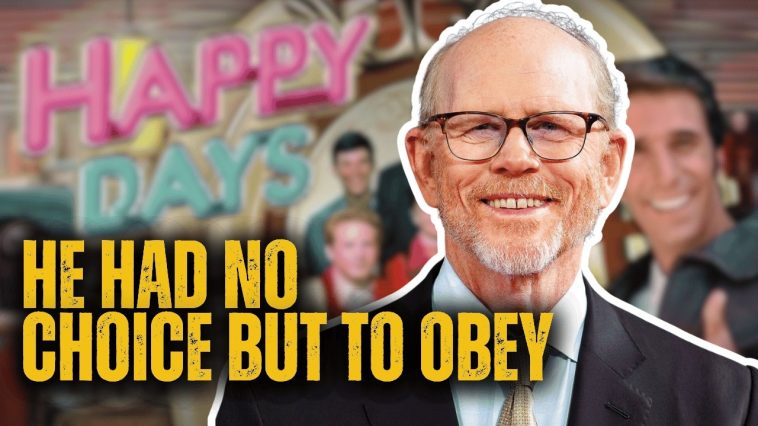During his years on Happy Days, Ron Howard learned one of the most defining lessons of his career—the importance of protecting one’s integrity, even in the face of fame. Cast as Richie Cunningham, Howard began as the show’s heart and anchor, the clean-cut everyman at the center of a nostalgic look back at 1950s America. But as Henry Winkler’s Fonzie rocketed to cultural superstardom, the balance on set began to shift.
▬Contents of this video▬
00:00 – Intro
00:37 – The Tension Behind the Scenes
01:29 – The Rise of Happy Days — and the Shift in Spotlight
03:36 – The Rule That Changed Everything
05:45 – Tension, Loyalty, and the Almost-Exit
07:04 – From Actor to Auteur — How the Rule Shaped His Future
08:50 – Outro
Like this content? Subscribe here: https://www.youtube.com/factsverse?sub_confirmation=1
Or, watch more videos here: https://www.youtube.com/playlist?list=PLkXAntdjbcSJlJnpP4FgdU0swKbnkNgJj
Become a Facts Verse member and get access to all videos that contain mature content. Use the link below to get access to even more videos, ad-free.
https://www.youtube.com/channel/UCXZpQgX1897wYDLtvzmgyIA/join\
Executives and press increasingly focused on the leather-jacketed mechanic, and Howard found himself treated “with less respect,” despite being the show’s original lead. When ABC floated the idea of renaming the series Fonzie’s Happy Days, Howard reached his breaking point—threatening to quit rather than stay on a show that compromised his dignity. Creator Garry Marshall ultimately sided with him, keeping the title intact and reaffirming Richie’s place in the story. Out of that tense moment came an unspoken but powerful rule: Richie Cunningham would never be humiliated just to make Fonzie look cool. That boundary reshaped the tone of Happy Days, keeping its heart intact and preserving the balance between sincerity and swagger that made it a hit.
Winkler himself respected the rule, crediting Howard’s generosity and professionalism for allowing both characters to thrive. The experience stayed with Howard long after he left the series, shaping his philosophy as a filmmaker who treats every character with empathy and respect—from Apollo 13 to A Beautiful Mind. The rule that once protected a young actor from being overshadowed became a lifelong creative compass. Decades later, it stands as a reminder that success built on respect endures far longer than fame built on ego—an enduring legacy from the man who quietly turned a moment of frustration into a masterclass in integrity.
The #1 Rule Ron Howard was Forced to Follow on Happy Days


